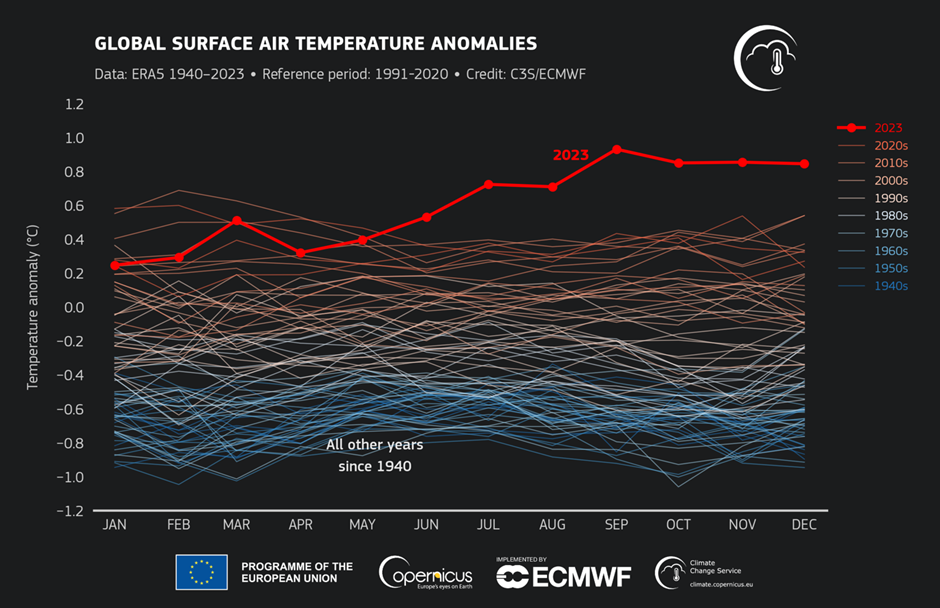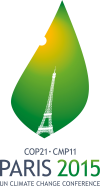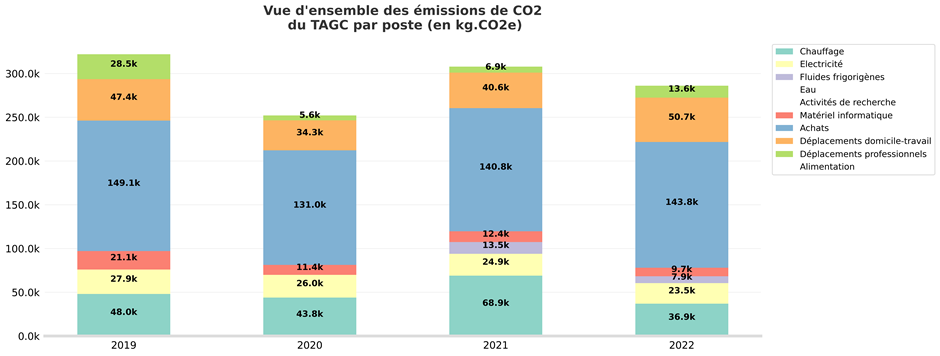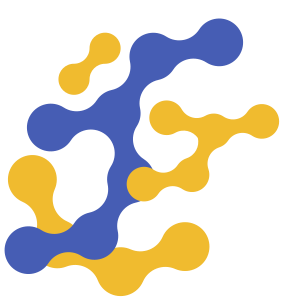«We cannot remain passive in the face of climatic and environmental upheavals - which compromise the very existence of human societies and all living organisms - without taking action. These upheavals are illustrated in particular by the erosion of biodiversity, chemical pollution of the environment, anthropization of soils, alteration of the water cycle, acidification of the oceans and climate change. Planetary limits require us to reverse this trend and reduce our environmental footprint. We urgently need to adopt a stance that is consistent with our knowledge of the situation in which human activities have placed us. In line with the COMET opinion, which integrates environmental issues into research ethics(https://comite-ethique.cnrs.fr/avis-du-comets-integrer-les-enjeux-environnementaux-a-la-conduite-de-la-recherche-une-responsabilite-ethique/), we are committed to reducing our greenhouse gas emissions by 50% by 2030 (COP21 agreement / National Low Carbon Strategy objective). We consider that the content of our research does not justify any form of exemption, and we are aware of the benefits of setting an example »* *Extract from TAGC's environmental commitment charter, adopted on February 7, 2024 |

At an Extraordinary General Meeting held on May 22, 2023, TAGC decided to embark on a voluntary initiative to reduce the impact of its activities on the climate and the environment. The principle of setting up a “Transition@TAGC” working group was approved.
Members of this voluntary working group are responsible for :
| 

|
TAGC's GHG balances have been drawn up for the years 2019 to 2022.

The 'Transition@TAGC' working group has drawn up a charter of environmental commitment. This charter was unanimously adopted at the laboratory's Annual General Meeting on February 7, 2024.
The text of the charter is available here. This charter is largely inspired by several charters from other laboratories, to which we would like to express our sincere thanks.
The aim is to affirm the commitment of TAGC staff to an active approach to reducing the impact of our research activities on the environment. In particular, it aims to :
- Internally, to mobilize everyone towards this common goal.
- Externally, to publicly display this commitment/approach, notably to our supervisory bodies, our colleagues and, more broadly, to society as a whole.
Workshops are currently being organized to determine, item by item (mission, purchasing, digital, etc.), the levers of action that can be mobilized to reduce the laboratory's footprint. Proposals for trajectories and concrete measures will be made to the laboratory's management, to be implemented after consultation with all staff.
Composition of the 'Transition@TAGC' working group
The current members of the working group are :
| Nathalie ARQUIER | CNRS researcher |
| Christine BRUN | CNRS researcher |
| Frédéric GALLARDO | INSERM technician |
| Laurent PERRIN | CNRS researcher |
| Pascal RIHET | AMU faculty staff |
| Mathilde SLIVAK | AMU PhD Student |
